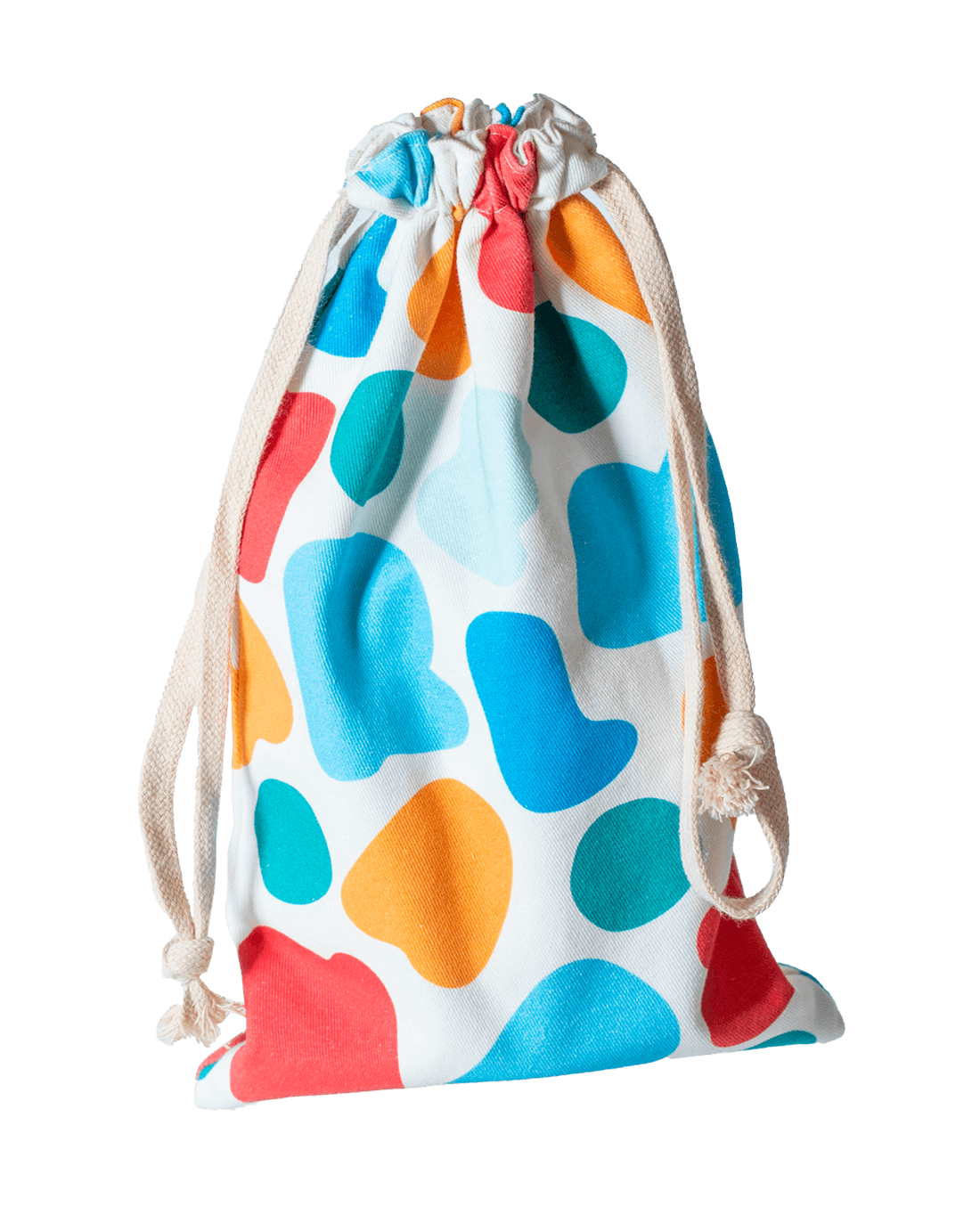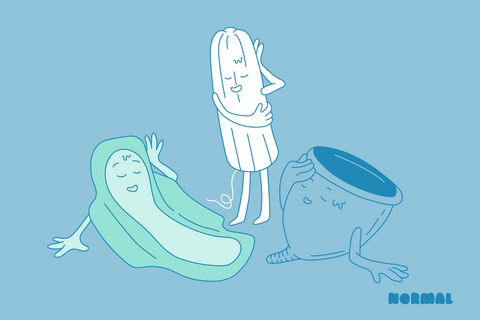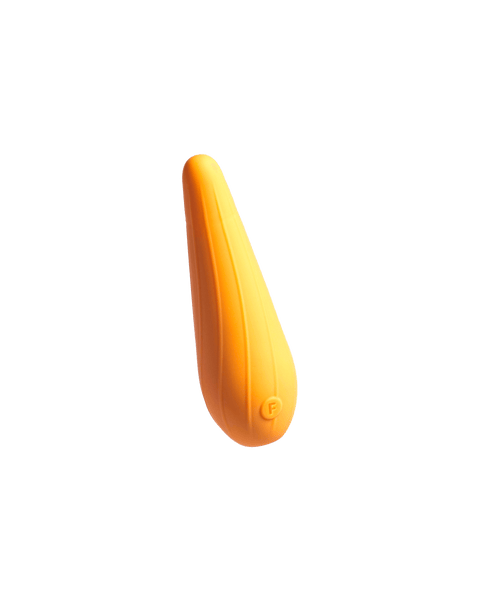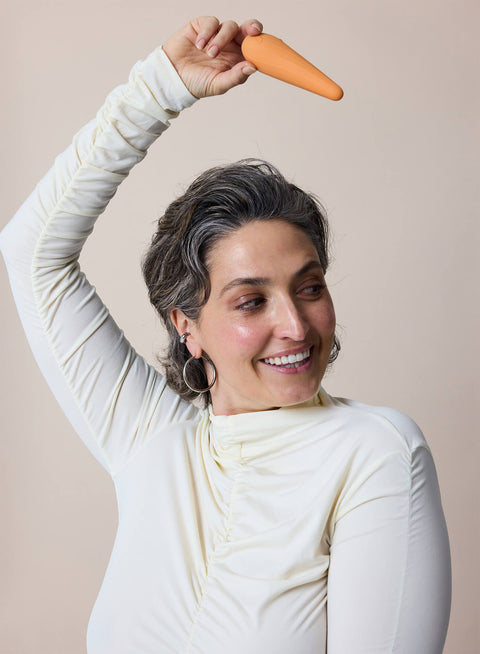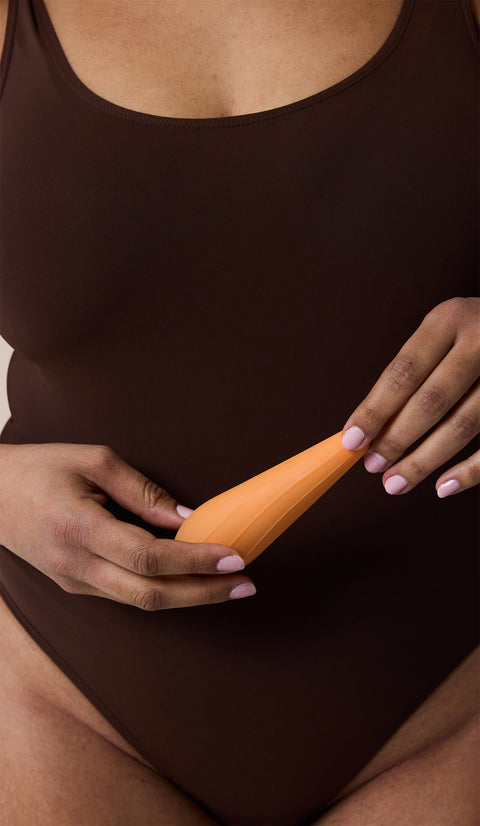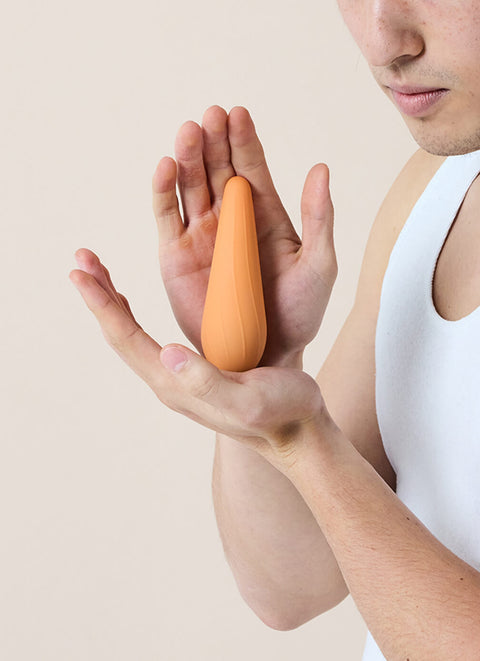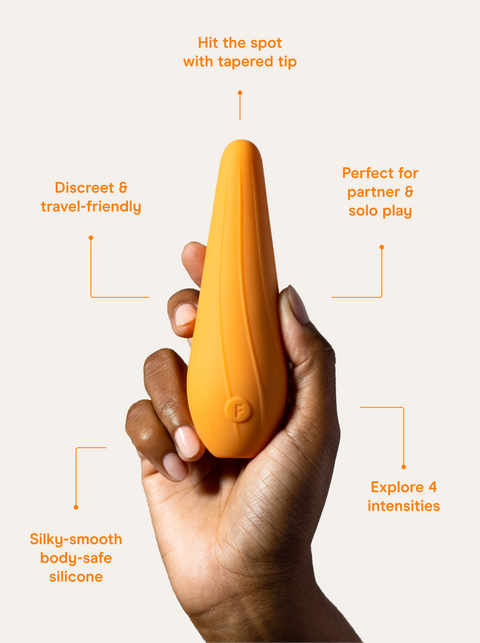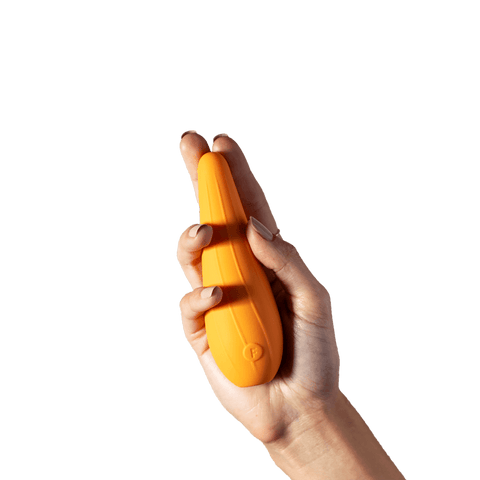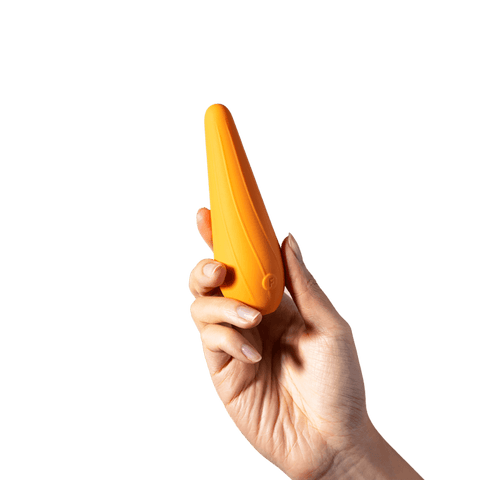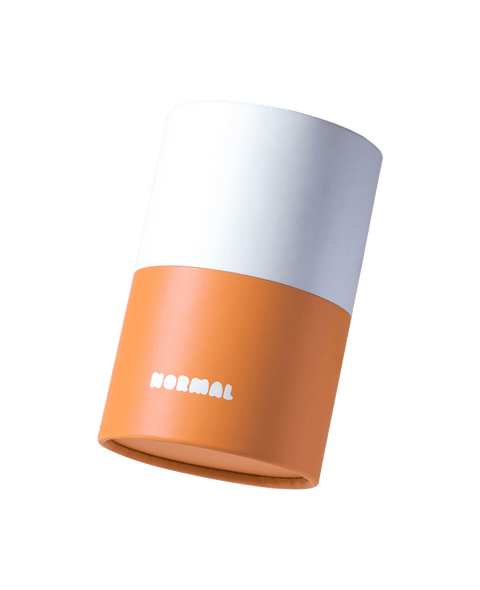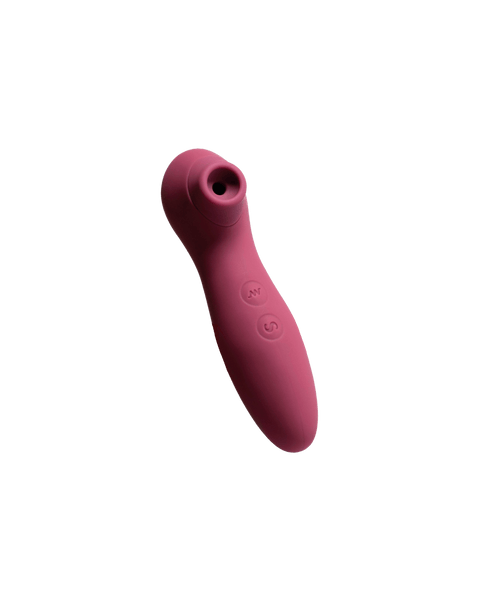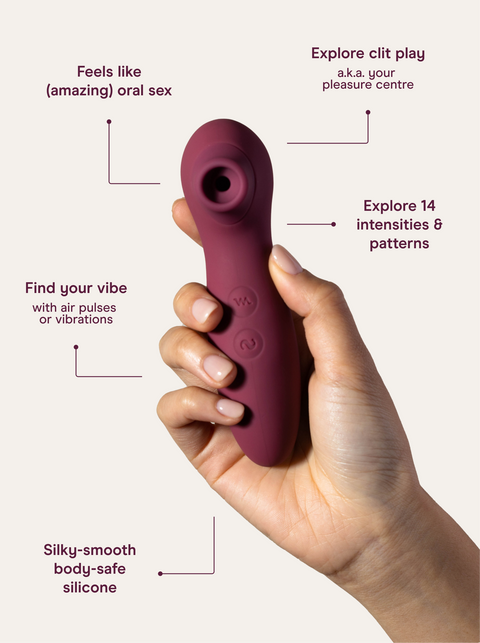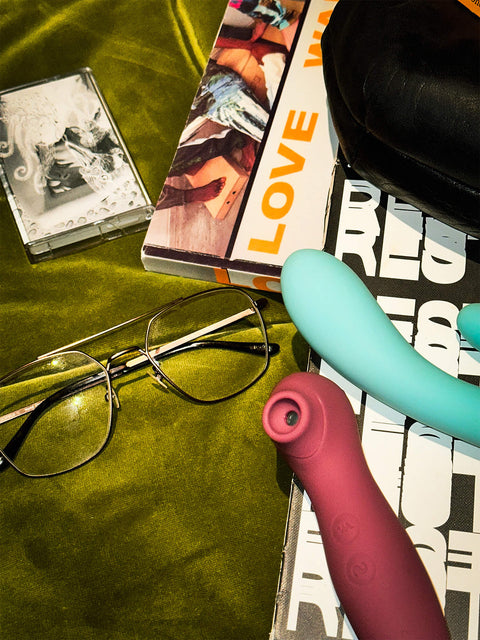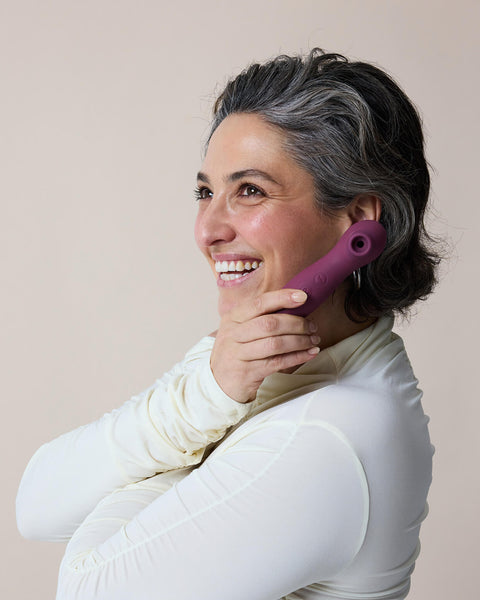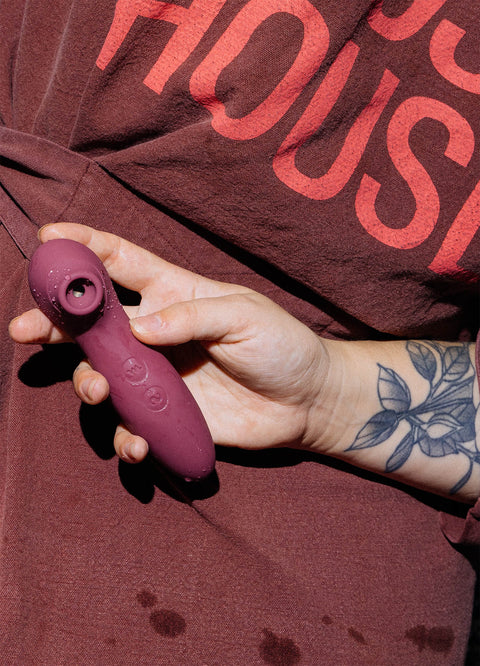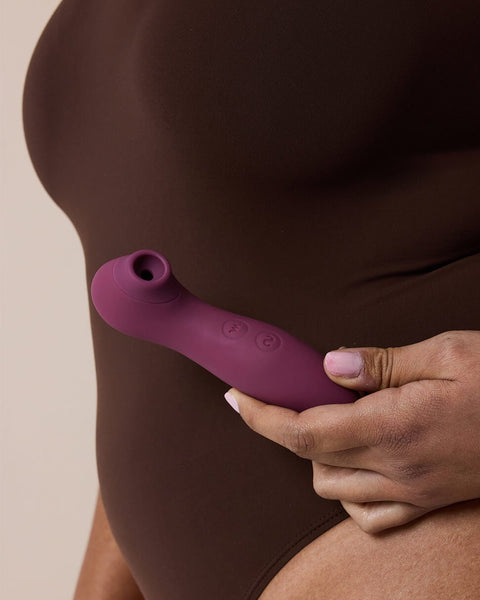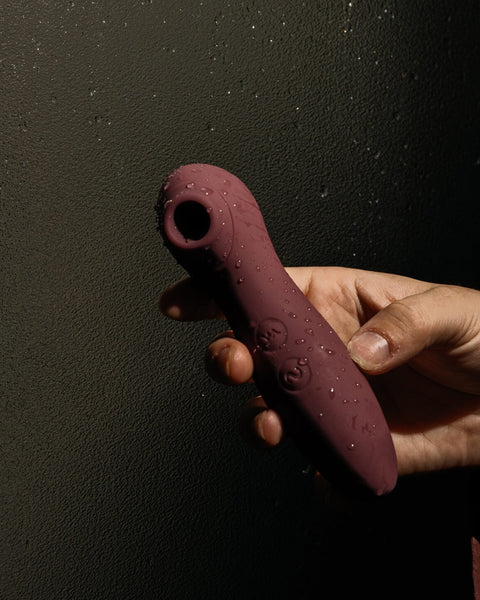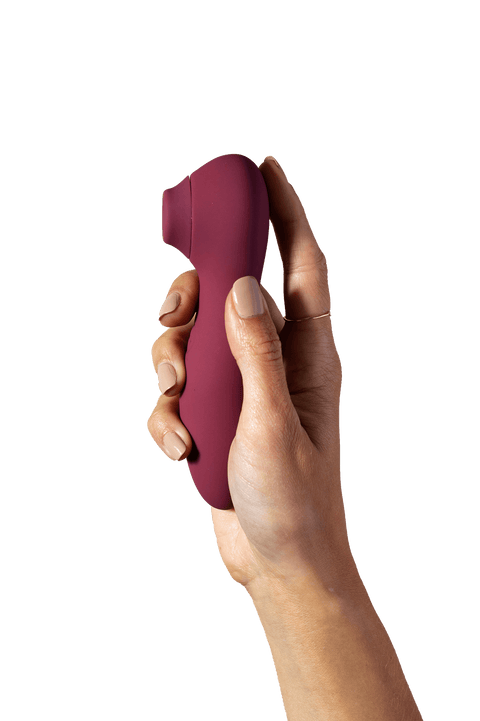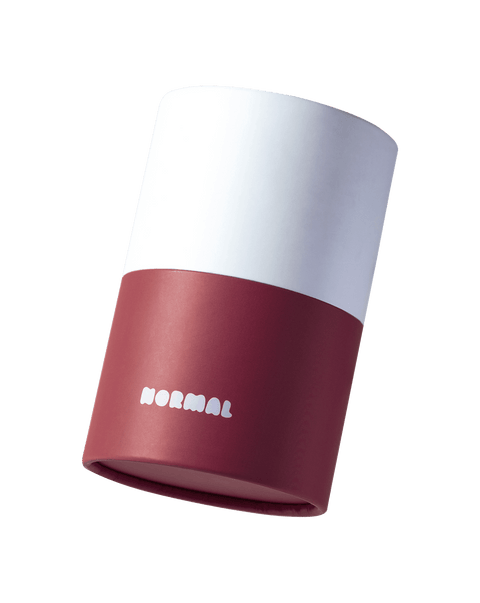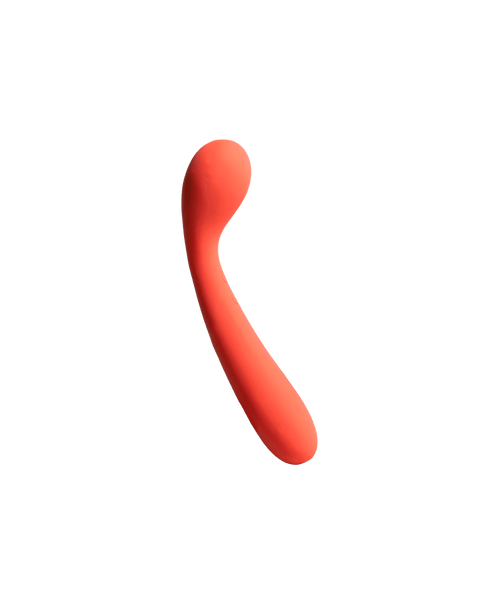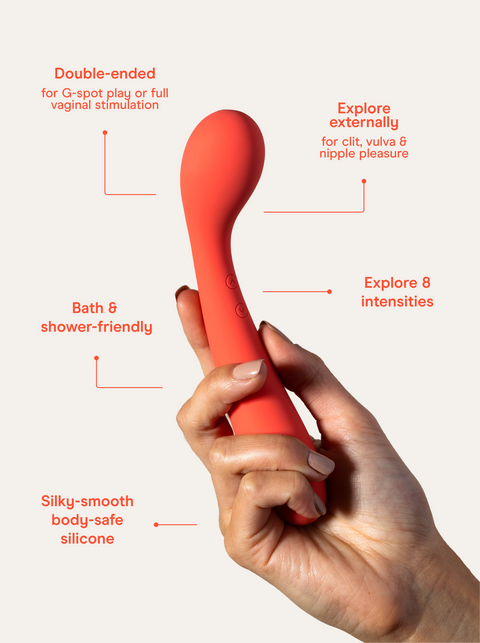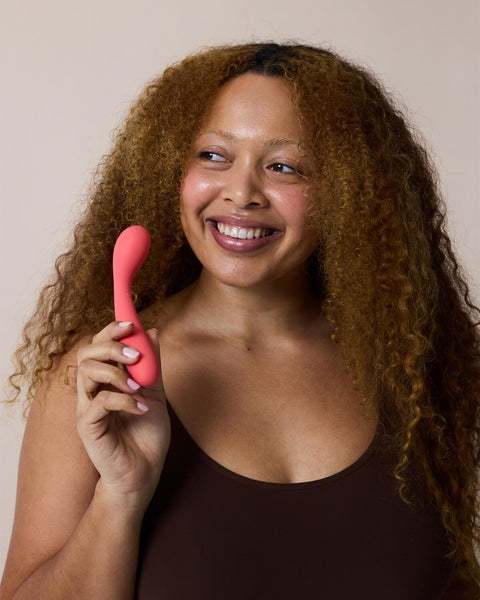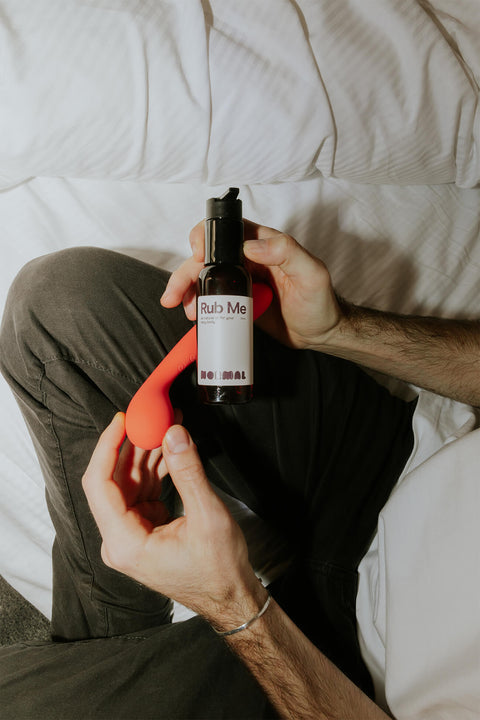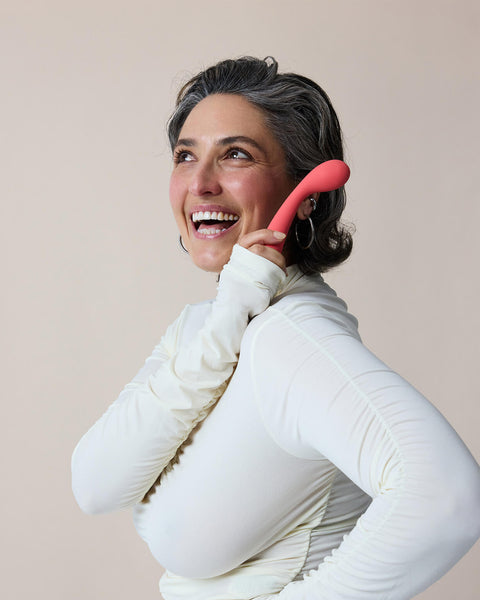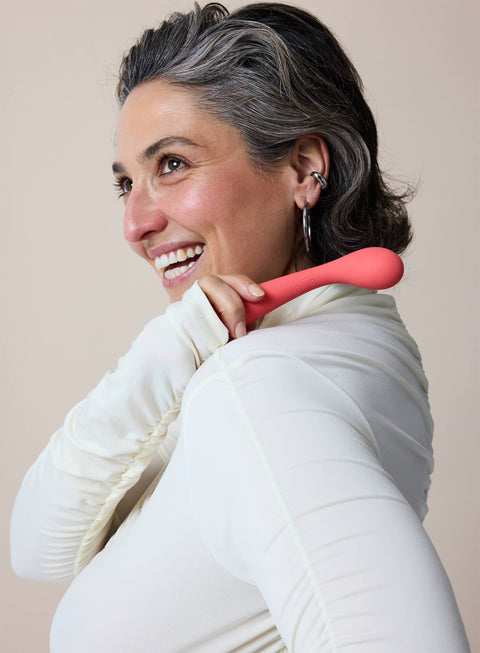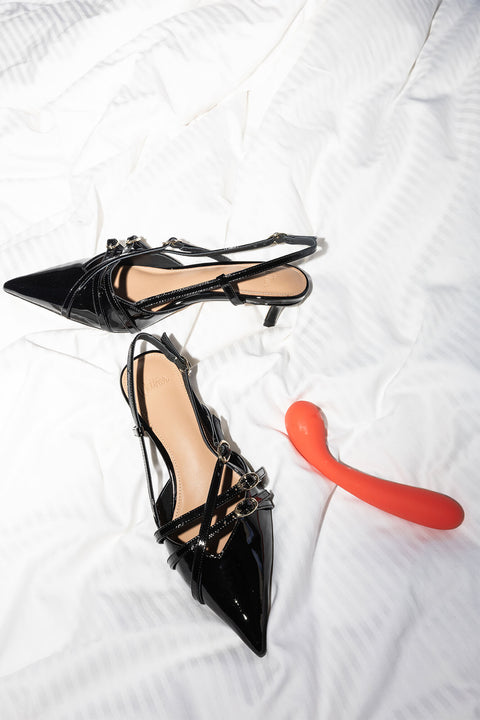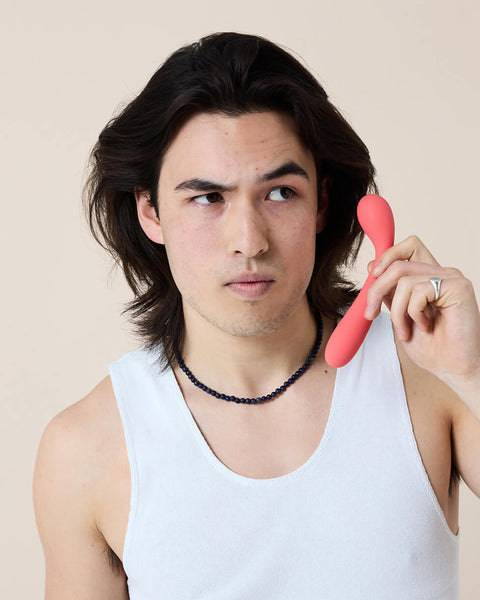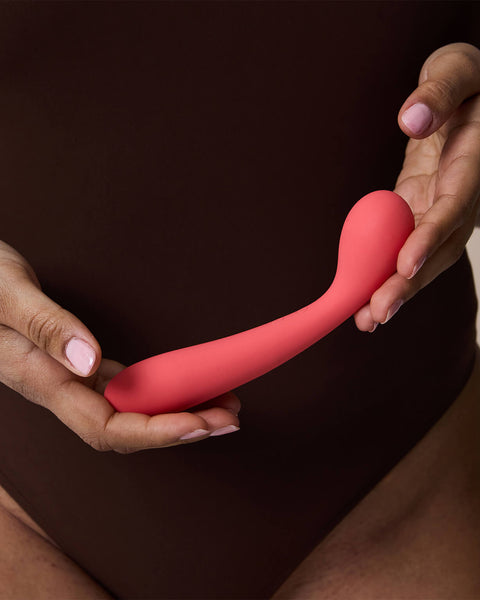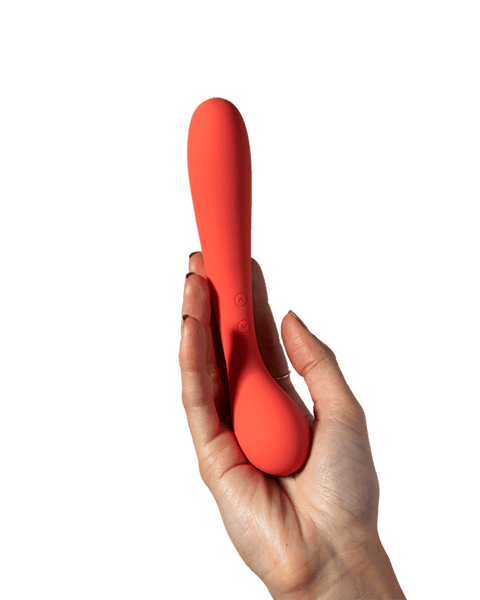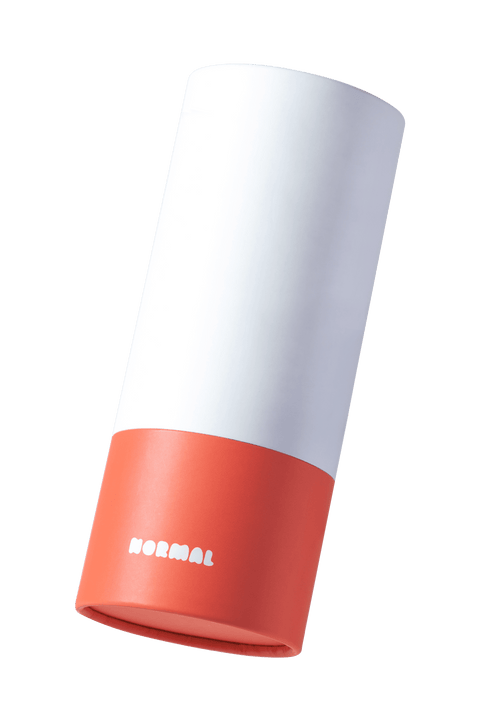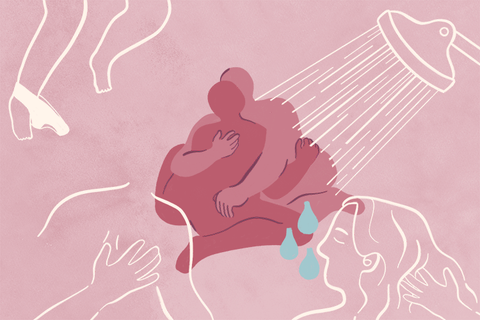…that’s what we’ve often found ourselves asking, anyway!
If you menstruate, you might’ve had a similar experience and wondered whether your sex drive can be affected by your period.
We’re here to tell you that you’re definitely not imagining it: your menstrual cycle can impact all of those things.
But like a lot that we talk about here at NORMAL, there’s a bit of science behind this common topic—and that’s what we’re going to explore today.
Basically:
- The menstrual cycle can be divided into two phases: follicular and luteal
- Studies have shown that hormones released during the follicular phase can affect our sex drives
- There is still a long way to go before scientific research can show us everything about the menstrual cycle
We know that not everyone who has menstruates is a woman, and that not all women menstruate, but the human menstrual cycle has been closely associated with female bodies in the past—so a lot of the research we did for this article discussed menstruation only with relation to women. No matter your gender, we encourage you to think about your own experiences on this topic and decide for yourself what’s relevant to you.
***
So, what exactly is a menstrual cycle?
It’s more than just ‘getting a period’, although that is a big part of it.
The menstrual cycle is a series of hormonal changes that occur in the body roughly every 28 days as it prepares for the possibility of pregnancy. As a response to these changes, the lining of the uterus sheds—that’s what we know as a period. The menstrual cycle can be divided into two stages: the follicular phase and the luteal phase.
The follicular phase begins on the first day of menstruation (the day on which you start your period), and it’s during this time that the body begins creating ovarian follicles—basically small sacs inside the ovaries that can produce both eggs and hormones. This stage lasts for roughly fourteen days, and ends with ovulation, or the creation of an egg. It’s then that the luteal stage begins and the uterine lining begins to thicken, preparing the body in case an egg is fertilised and implanted there. If an egg isn’t fertilised, the uterine lining is shed, and menstruation—a period!— occurs. At this point, the whole cycle begins again!
But what does all of this have to do with feeling horny, you ask?
Well, to put it simply, the same hormones that ebb and flow during the menstrual cycle are said to affect our sexual desire.
In 2013, a study in Hormones and Behavior revealed that women reported higher sexual desire and activity during their follicular phase and a drop in desire in their luteal phase. The researchers were able to connect the drop in desire to hormonal changes, although they couldn’t find any significant hormonal changes to explain the rise in desire.
(Interestingly, the researchers also noticed two other significant things: that women reported higher desire on weekends—let’s hear it for having some time off work!—and that when women were experiencing menstrual bleeding, they were less likely to initiate sex.)
A similar study in the Journal of Sex Research also found that a surge in hormones in the follicular stage saw an increase in sexual desire, which we think makes sense: from an evolutionary science perspective, it tracks that if your body is producing eggs with the goal of becoming pregnant, it may also produce hormones that make you desire sex.
However, we want to stress that the menstrual cycle isn’t something that is the same for everyone, and that there are heaps of reasons someone might desire sex and intimacy more or less at any given time of the month, regardless of their menstrual cycle. Your experience with desire during your menstrual cycle might be completely different to what we’ve discussed above, or we might be spot-on—and that’s okay too!
Desire can be influenced by a broad and almost unlimited range of factors: our intimate relationships can influence how often we desire sexual activity, as can our bodies, our turn-ons and kinks, and even external factors like our living arrangements, mental or physical health, stress, or our jobs.
We’re also aware that there is so much about desire and menstruation that research has not yet captured. Historically, female bodies have been neglected in the worlds of science and medicine: so many studies focus on male bodies to the exclusion of women because in the past, womens’ bodies were sometimes seen as confusing, too complex, or not worth exploring from a research perspective. And that’s not to mention the fact that there are so few scientific studies looking at the menstrual experiences of trans, non-binary, and gender diverse people. We think that the scientific literature out there that discusses menstruation is interesting, but we also want to stress that there’s a long way to go before researchers can thoroughly and accurately capture everything there is to know about the menstrual cycle.
We encourage you to think about hormones and menstruation as one little puzzle in the larger picture of desire. But if you, like us, have ever wondered whether there could be a scientific reason that your period is making you horny—now you know that there just may be.
References
Reed, Beverly G. and Carr, Bruce R. “The normal menstrual cycle and the control of ovulation”. Endotext (August 2018): n.p., under ‘Endocrinology of Female Reproduction’.
Roney, James R. and Simmons, Zachary L. “Hormonal predictors of sexual motivation in natural menstrual cycles”. Hormones and Behavior 63, no. 4 (April 2013): 636–645.
Bullivant, Susan B., Sellergen, Sarah A., Stern, Kathleen, Spencer, Natasha, Jacob, Suma, Mennella, Julie A., and McClintock, Martha K. “Women's sexual experience during the menstrual cycle: Identification of the sexual phase by noninvasive measurement of luteinizing hormone”. The Journal of Sex Research 41, no. 1 (2004): 82–93.
